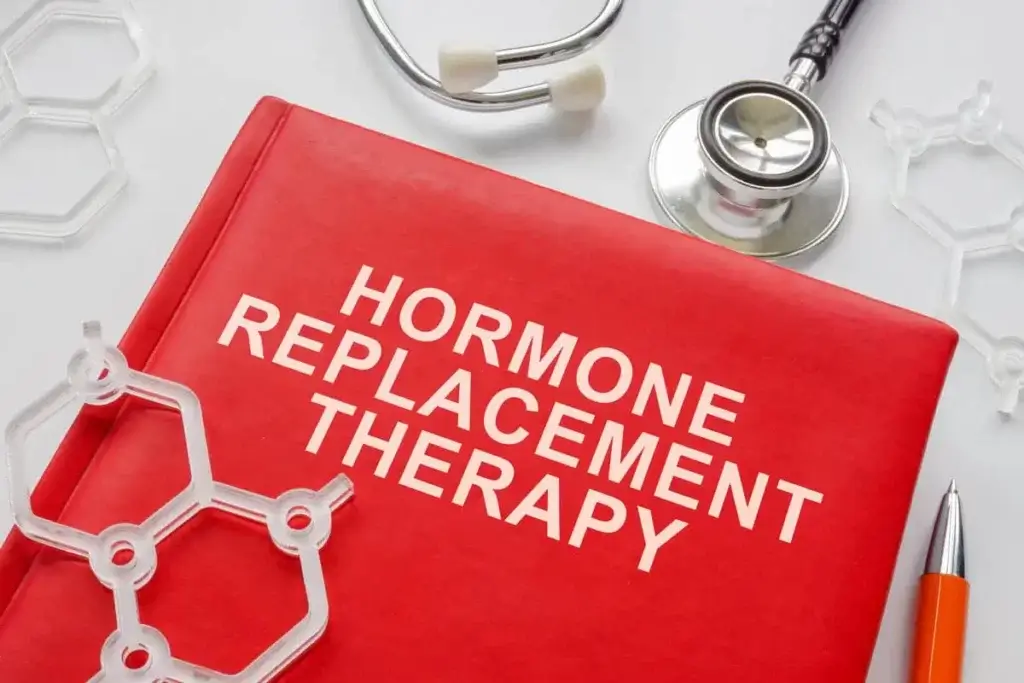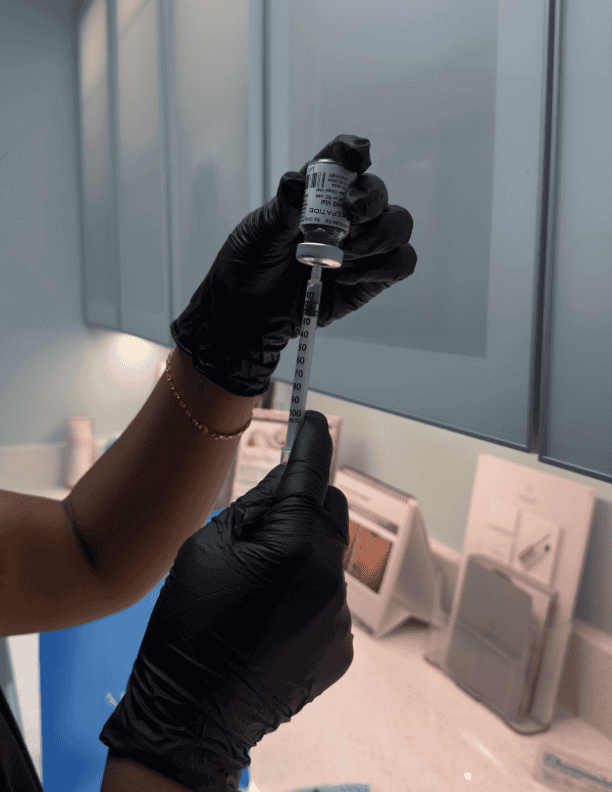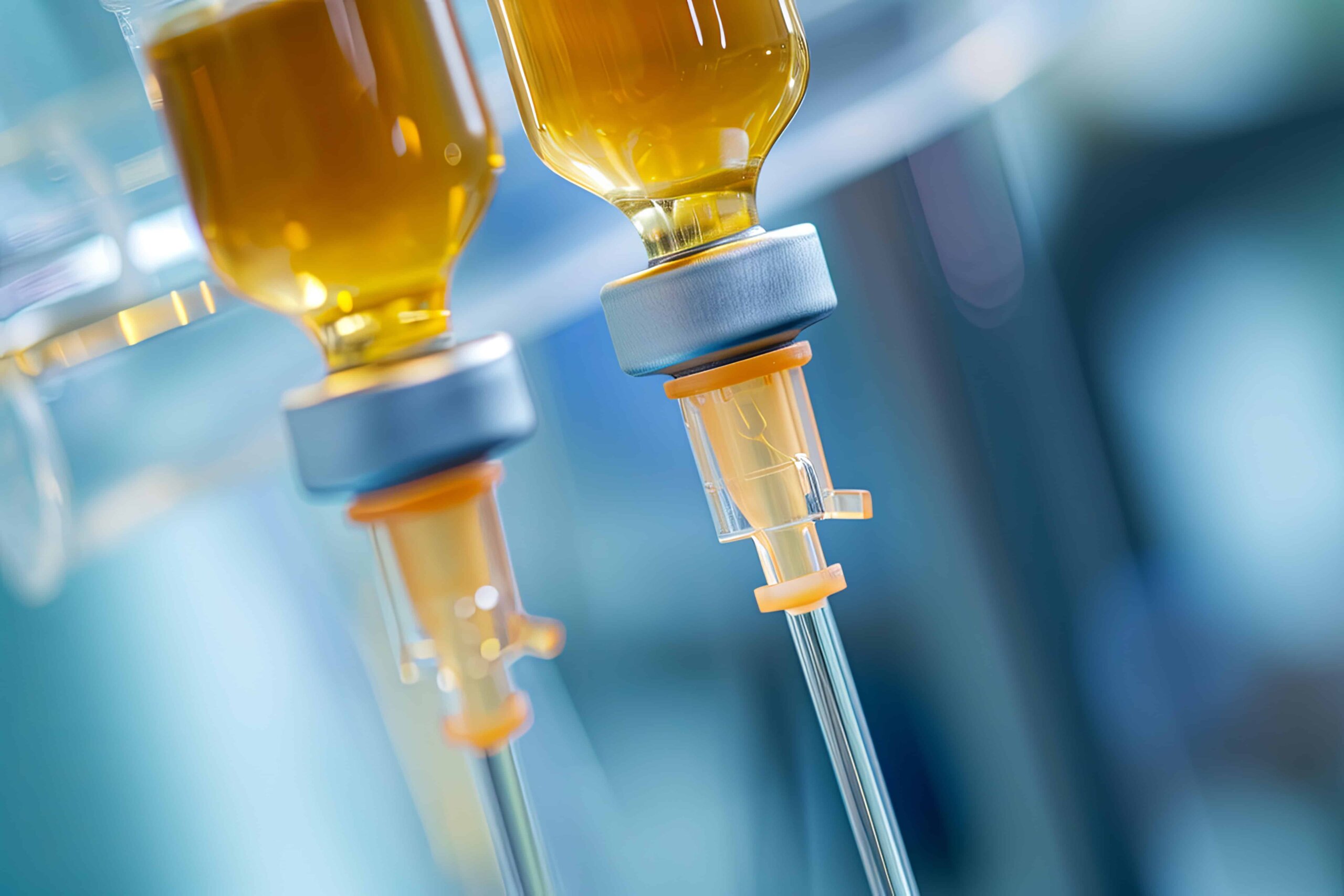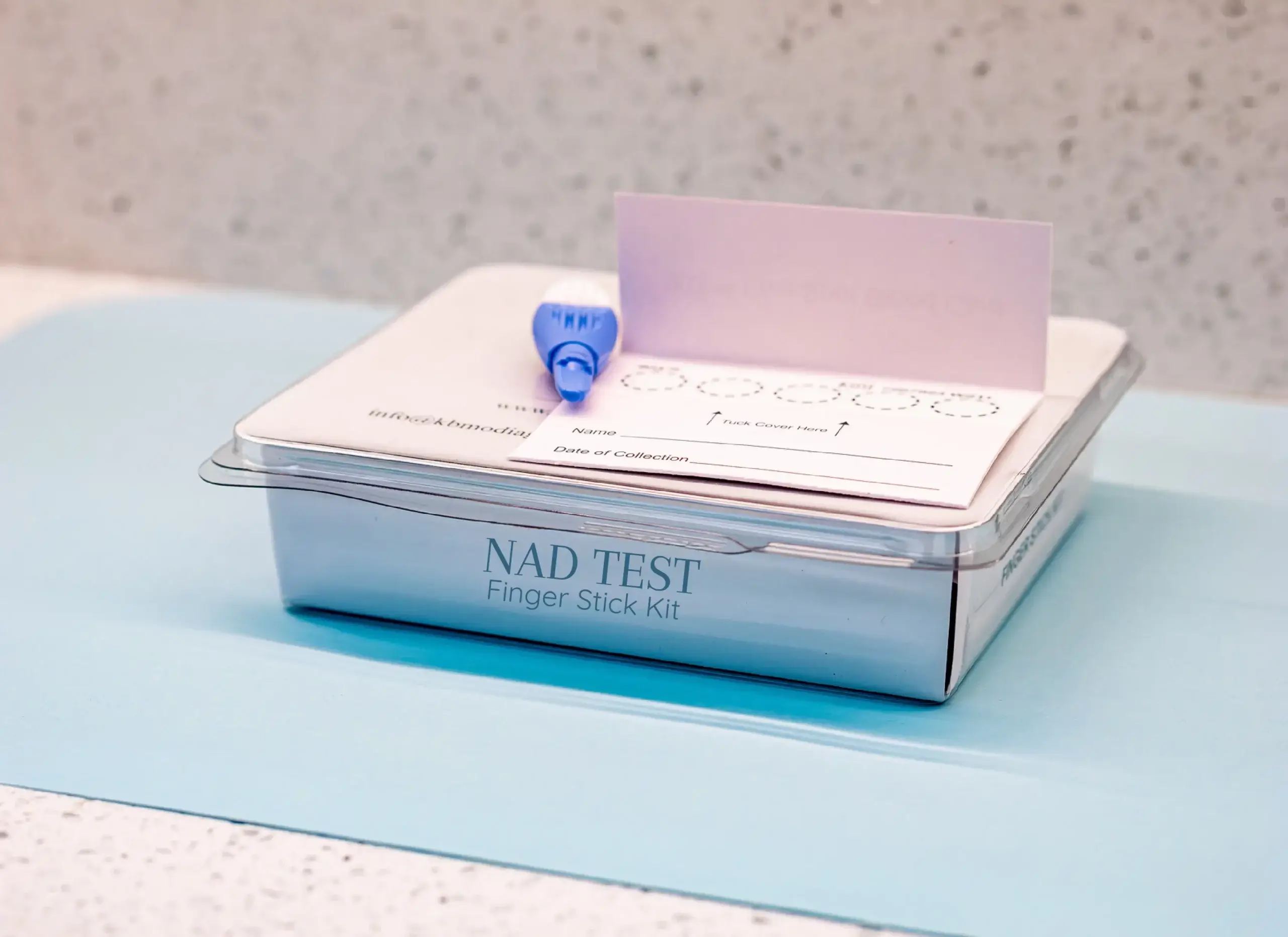Introduction

Male hormone therapy has witnessed a notable increase in interest and uptake in recent years. Among the various treatments available, Testosterone Replacement Therapy (TRT) has emerged as a cornerstone for addressing hormone imbalances. Let’s look into the specifics of male hormone therapy, focusing on testosterone replacement therapy, its timeline for effectiveness, and its impact on men’s health.
Understanding Male Hormone Therapy
An important hormone in men, testosterone affects libido, bone density, muscular mass, and general energy levels. Men may have a variety of symptoms when levels are low, such as exhaustion, mood swings, diminished sexual function, and loss of muscle mass.
Testosterone Replacement Therapy (TRT)
The goal of TRT is to normalize testosterone levels, which will reduce symptoms and enhance the general quality of life. This therapy can be administered through various means, including injections, patches, gels, and pellets, each with its own set of considerations and efficacy rates.
Tailored Treatments and Expert Care
Tailored treatments in Testosterone Replacement Therapy (TRT) involve personalized assessment and customized dosage and administration methods to meet the unique needs of each individual. Expert care ensures ongoing monitoring of therapy effectiveness and adjustment of treatment plans to optimize outcomes and manage potential side effects. This personalized approach, supported by medical professionals specializing in hormone therapy, enhances the efficacy and safety of TRT, providing patients with the highest standard of care.
Timeline for Effectiveness of TRT
Each person’s experience with Testosterone Replacement Therapy (TRT) differs according to a number of parameters, such as the degree of testosterone insufficiency, the mode of administration, and specific medical problems. Here is a general guideline on what to expect over time when undergoing TRT:
Short-term (1-3 months)
- Energy Levels: Patients may start to notice an increase in energy and a reduction in fatigue as one of the first signs of TRT’s effectiveness.
- Mood and Mental Health: Improvements in mood and a reduction in depressive symptoms can occur. Patients often report feeling more upbeat and less irritable.
- Sexual Function: Early improvements in libido are common. Some men may also experience slight improvements in erectile function during this period.
- Cognitive Functions: Enhanced focus and cognitive clarity may begin to manifest within the first few months.
Medium-term (3-6 months)
- Muscle Strength and Mass: Increased muscle strength and a more noticeable improvement in muscle mass may become evident. This is often accompanied by a reduction in body fat.
- Bone Density: TRT can start to have a positive effect on bone density, although this may take a bit longer to become evident through medical tests.
- Sexual Health: Further improvements in sexual desire and function, including erectile quality and sexual satisfaction, are often reported.
- Emotional Well-being: Continued improvements in mood and well-being are observed. Patients may also notice a reduction in anxiety levels.
Long-term (6-12 months and beyond)
- Full Benefits: By this time, patients typically experience the full benefits of TRT. This includes significant improvements in muscle mass, strength, bone density, and sexual function.
- Physical Changes: Body composition changes, including further reductions in fat mass and improvements in muscle tone, become more pronounced.
- Cardiovascular Health: Although research in this area is still underway, several studies indicate long-term TRT may benefit certain cardiovascular risk factors.
- Quality of Life: Overall enhancements in quality of life, energy levels, and psychological well-being are often reported by patients who have been on TRT for extended periods.
TRT effectiveness varies among individuals due to factors like age, hormone levels, health conditions, and lifestyle choices, affecting response speed and efficiency. While the general timeline provides a framework for setting expectations, individual experiences with TRT may differ. In order to monitor their progress and make any required modifications to their treatment programs, patients should collaborate regularly with their healthcare professionals.
Monitoring and Adjustments
Monitoring and adjustments are integral components of a successful Testosterone Replacement Therapy (TRT) program. These processes ensure that the therapy remains effective and safe over the course of treatment. Here’s how monitoring and adjustments play a critical role in the management of TRT:
Regular Monitoring
- Blood Tests: Regular blood tests are essential to monitor testosterone levels and other key health indicators affected by TRT, such as hematocrit, liver function, and lipid profiles. These tests help to ensure that testosterone levels are maintained within a therapeutic range that alleviates symptoms without causing adverse effects.
- Symptom Assessment: Alongside laboratory tests, evaluating the patient’s symptoms and overall quality of life is crucial. This includes monitoring changes in energy levels, mood, libido, muscle strength, and body composition. Patient feedback provides invaluable insights into how effectively the therapy is addressing the symptoms of low testosterone.
- Side Effect Surveillance: Monitoring for potential side effects is a critical aspect of ongoing care. Some side effects may include changes in red blood cell count, potential impacts on fertility, fluctuations in cholesterol levels, and possible effects on prostate health. Timely treatments to reduce hazards are made possible by early detection of side effects.
Making Adjustments
- Dosage Modifications: Based on blood test results and patient feedback, the healthcare provider may adjust the TRT dosage to optimize therapeutic outcomes. The objective is to identify the lowest effective dose that minimizes adverse effects and improves symptoms.
- Changing Administration Methods: If a patient experiences issues with a particular TRT delivery method, such as skin irritation from patches or fluctuations in mood or energy levels with certain frequencies of injections, the healthcare provider might suggest switching to a different form of testosterone administration.
- Addressing Side Effects: If side effects occur, adjustments may include modifying the TRT dose, changing the delivery method, or adding medications to manage the side effects. For example, if a patient develops a high red blood cell count, the provider might reduce the testosterone dosage or recommend periodic blood donation to lower hematocrit levels.
- Lifestyle Recommendations: Monitoring appointments are also opportunities for healthcare providers to offer advice on lifestyle adjustments that can support the effectiveness of TRT. This might include recommendations on diet, exercise, sleep, and stress management practices that can enhance overall health and potentially improve TRT outcomes.
Holistic Approach
A holistic approach to monitoring and adjustments encompasses not only the management of testosterone levels and symptoms but also the consideration of the patient’s broader health picture. This includes managing comorbid conditions (e.g., diabetes, obesity, cardiovascular disease) that can impact or be impacted by TRT, thereby ensuring a comprehensive approach to patient care.
Monitoring and adjustments are foundational to the success of Testosterone Replacement Therapy. Through regular evaluation and tailored adjustments, healthcare providers can ensure that TRT remains both effective and safe over the long term. This dynamic process allows for personalized care that adapts to the changing needs and responses of the patient, ultimately enhancing the quality of life for men undergoing TRT.
Conclusion
Male hormone therapy, with a focus on TRT testosterone replacement therapy, provides a promising solution for men experiencing the effects of hormone imbalances. Aluma Wellness offers Male Hormone Therapy to address testosterone deficiency in men, which can be due to factors like pituitary insufficiency, hypogonadism, and testicular injury, and delivers effective testosterone replacement therapy to restore vitality. Unlock your true potential and revitalize your life with cutting-edge Male Hormone Therapy, where personalized care meets innovation to restore vitality and well-being.



